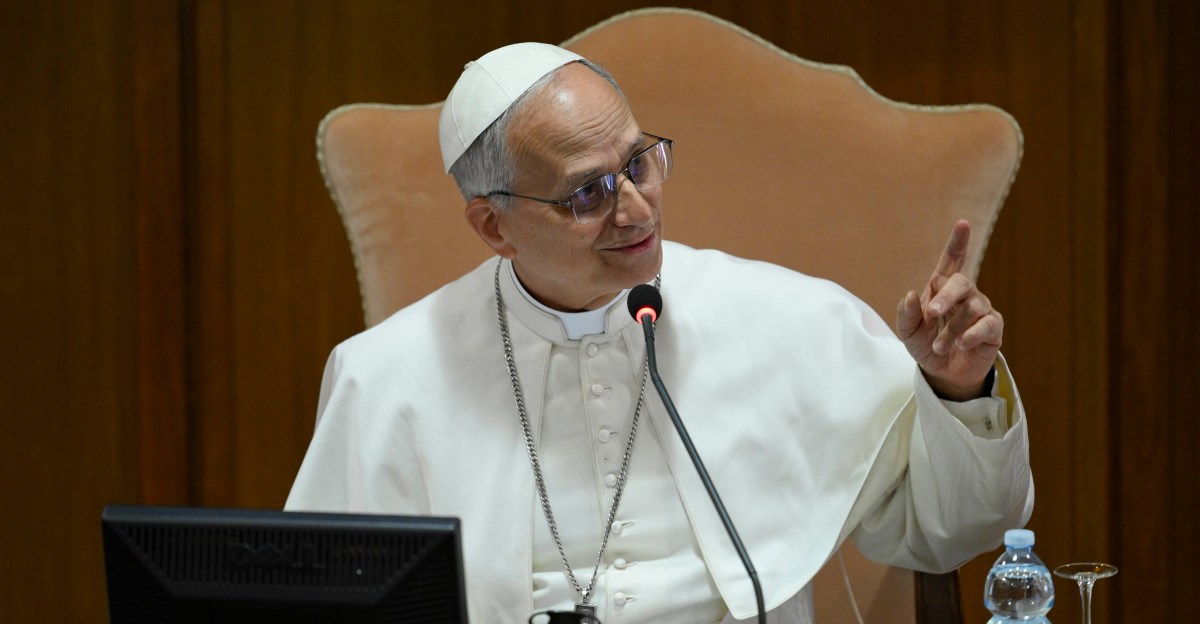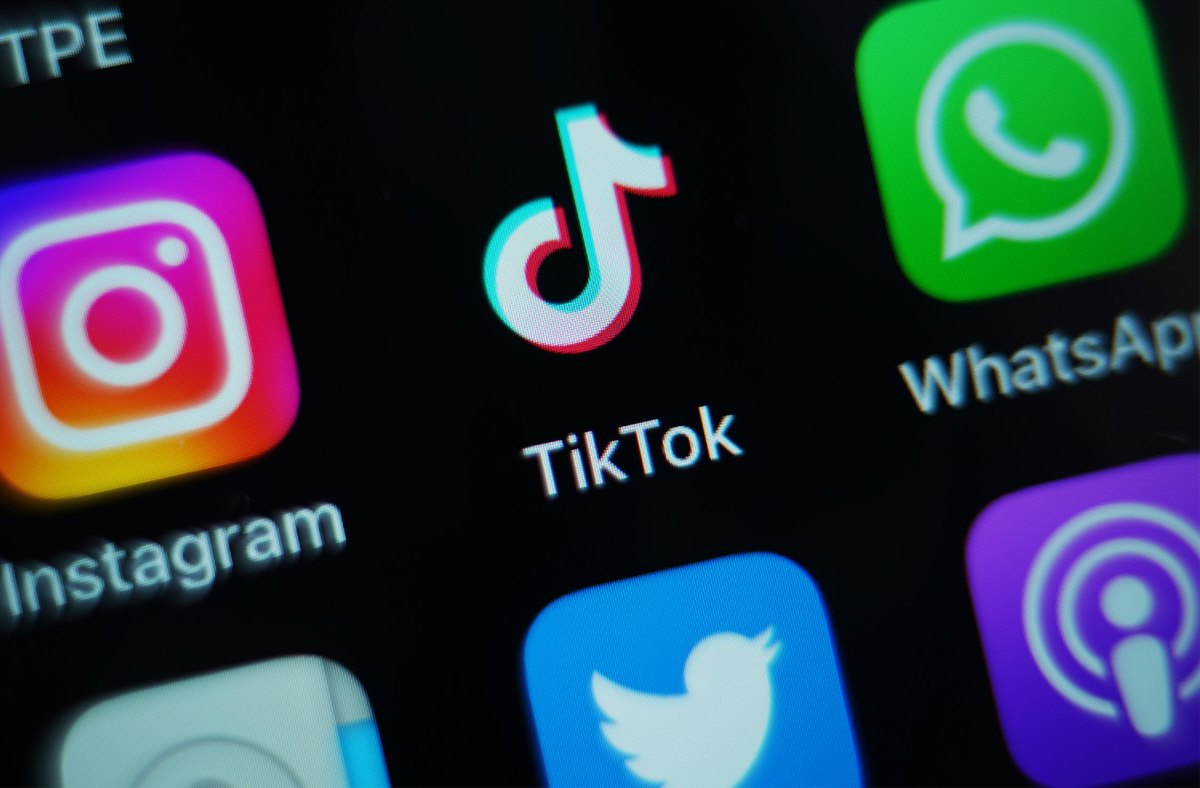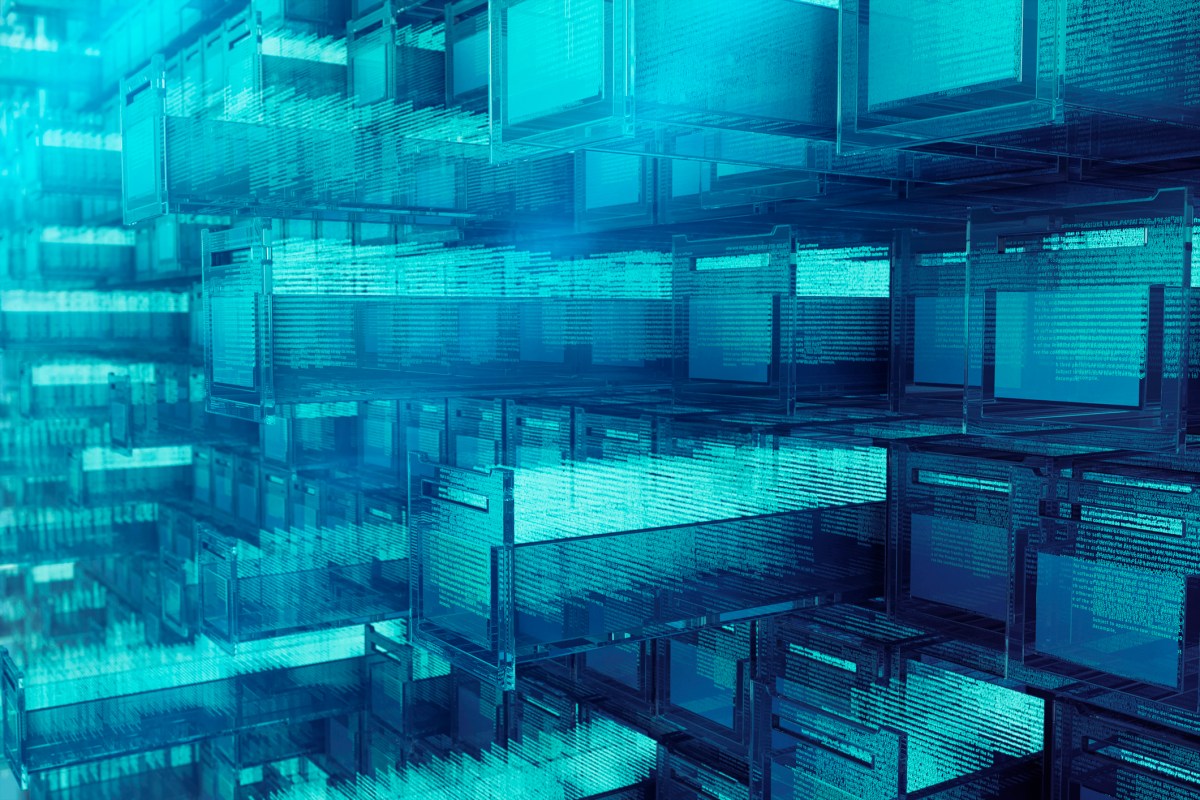
Pope Francis has drawn a compelling parallel between the rise of artificial intelligence (AI) and the Industrial Revolution, highlighting both the promise and the profound ethical challenges presented by modern technological advancements. In his latest statement, the pontiff emphasized the far-reaching implications of AI, warning that it has the power to redefine human labor, social structures, and global equity—much like the epochal changes brought on by the 18th- and 19th-century industrial transformations.
“We stand at a crossroads where innovation must be matched with virtue,” Pope Francis stated, drawing attention to the need for a global ethical framework that ensures AI development is guided by compassion, inclusivity, and the common good.
The Pope’s remarks come amidst increasing global debates surrounding the ethical oversight of AI systems. Governments, businesses, and technologists have raised concerns about algorithmic fairness, job displacement, surveillance, and the concentration of power in technology firms. By evoking the Industrial Revolution—a period that saw significant strides in productivity but also severe social disruption—Pope Francis signaled a call to action for responsible stewardship of digital tools.
He urged policymakers and innovators alike to place human dignity at the center of AI innovation, cautioning against systems that exploit or marginalize vulnerable populations. The Pope also called on educational and religious institutions to engage in dialogue and critical reflection about technology’s role in modern life.
This isn’t the first time the Vatican has engaged with advanced technology. Under Francis’s leadership, the Holy See has promoted dialogue around digital ethics and has participated in initiatives such as the “Rome Call for AI Ethics,” a 2020 initiative that brought together tech companies, academics, and faith-based organizations to support AI development that respects human rights.
As AI continues to permeate industries from healthcare to finance, the Pope’s message reminds the global community that progress must still be measured not just by efficiency or profitability, but by moral responsibility and social justice. His comparison to the Industrial Revolution serves as both a warning and an opportunity—to learn from history and shape a future that prioritizes humanity in an increasingly automated world.
Source: https:// – Courtesy of the original publisher.








